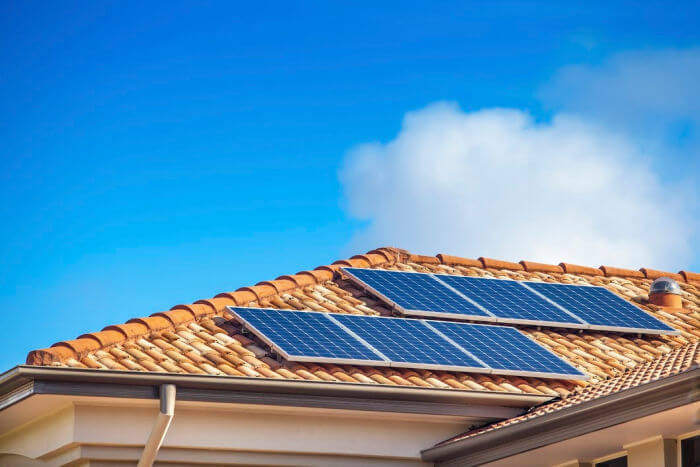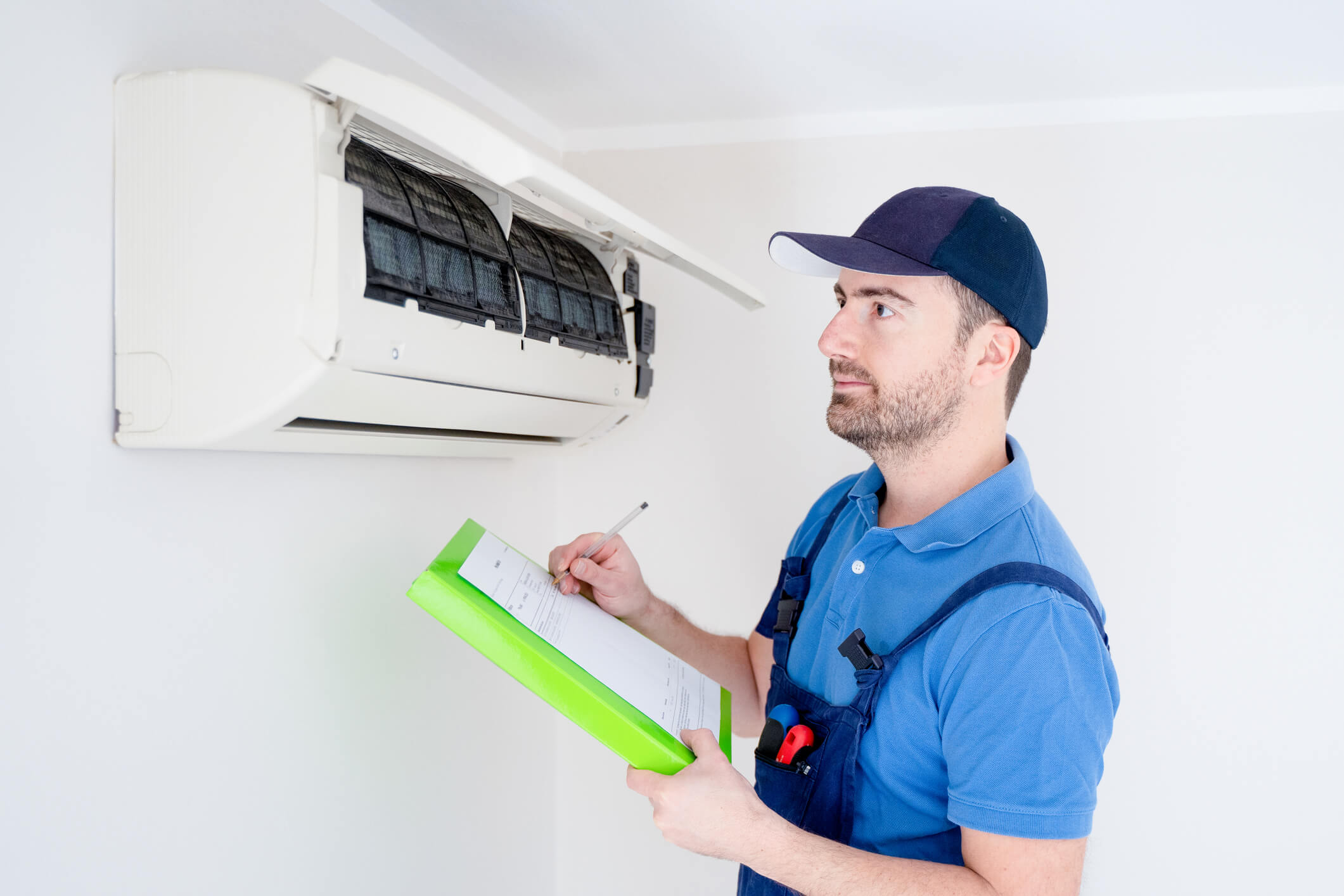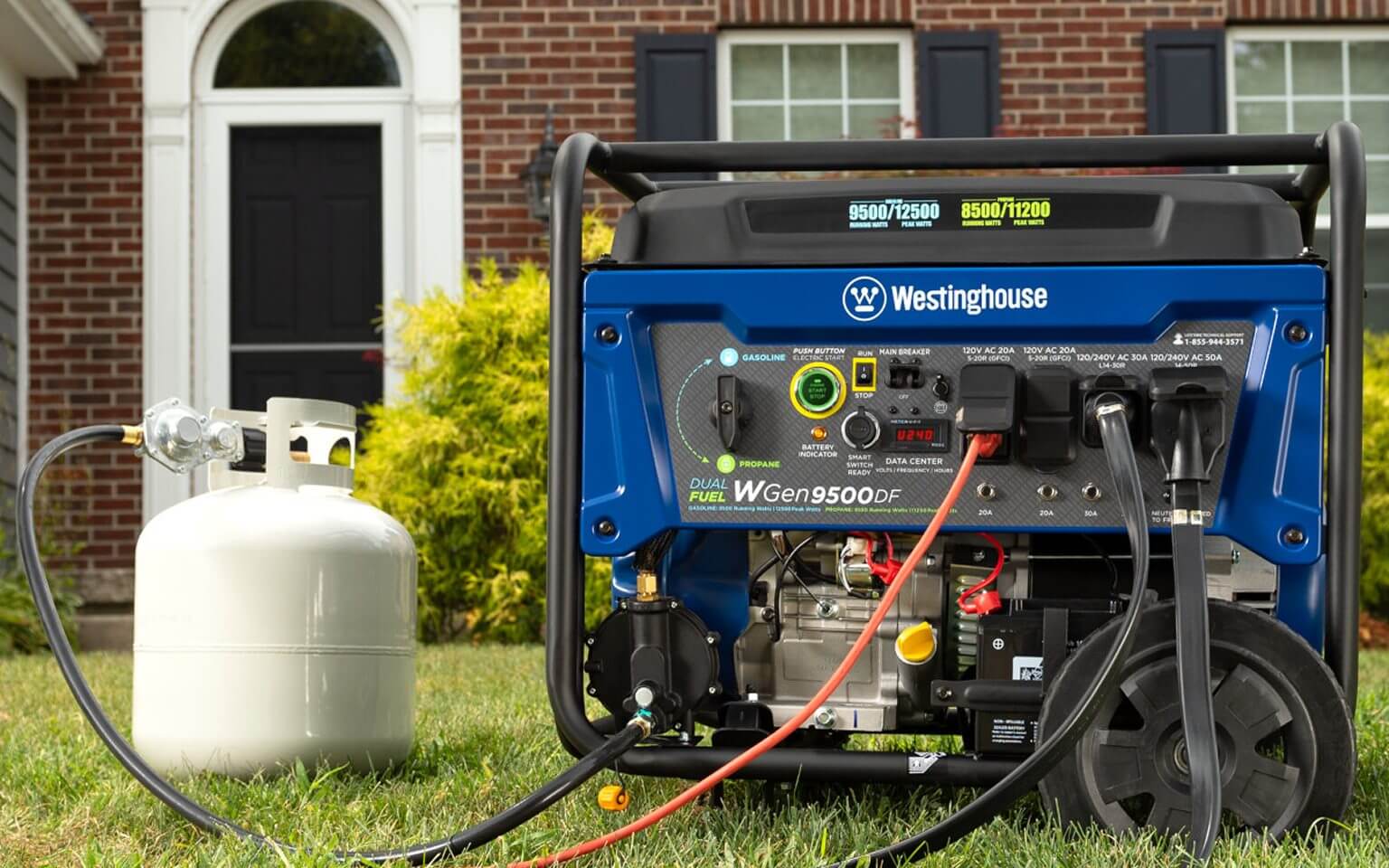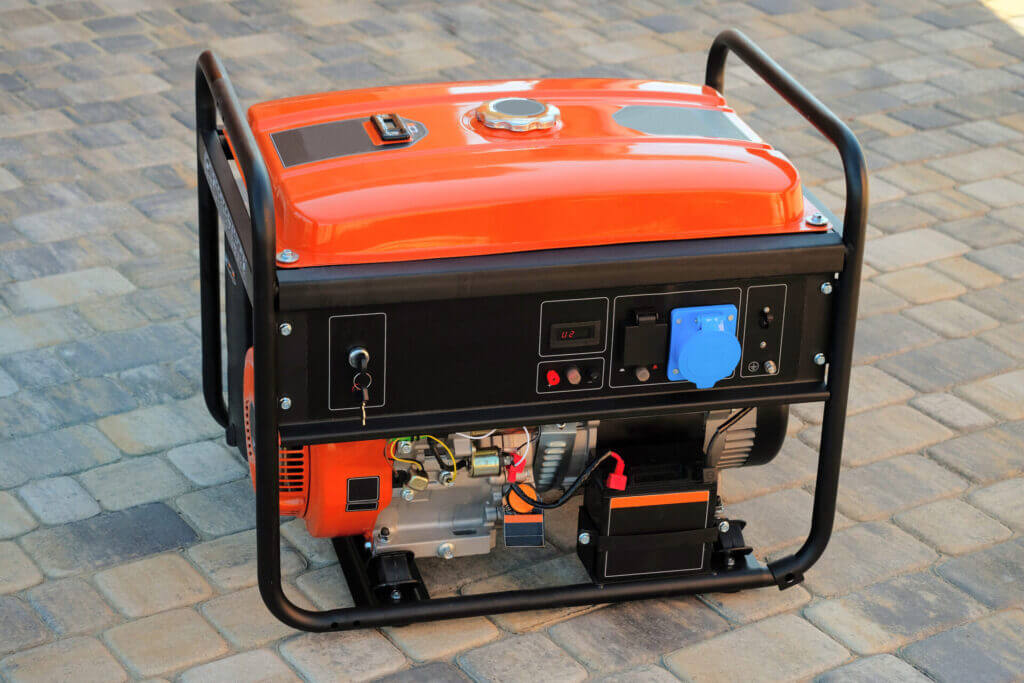Are you doing a solar project?
Modernize can pair you with three to four pros in your area, so you can compare options and save time and money.
It’s easy to tell you that buying your solar panel system with cash will save you money in the long run—it takes (cash) money to save money. If you’re like most people, though, that’s not how you’re going to acquire your solar panel system. No one knows your financial obligations and constraints better than you do, which means you (and your family and friends) are a great initial source for what version of solar financing will work best for you. Sometimes more important than that: You should be consulting the experienced contractor working your project. They will at least have some institutional knowledge about financing solar home improvement projects.
“Buying your solar electric system outright is best,” advises Consumer Reports. “Most systems pay for themselves in five to seven years.” Unfortunately, that’s simply not feasible for most people and they must consider financing their solar home improvement project. More realistically, you will have to finance whatever way you choose to power your home through solar power. And more specifically, there are two general ways you’re likely going to find yourself able to finance the project: Buying it with some sort of loan or another or leasing it through a solar lease or power purchasing agreement.
Buying Your Solar Panels
As with many other products, you can buy a solar panel system to power your house even if you don’t have the cash in hand to do so. You can extend a line of credit to do so, for example, or apply for any one of several financial incentive programs specifically designed to help homeowners like you get solar panels. While a sizable (and worthy) investment, you should know the solar market right now is very much leaning in your favor, as far as contractors are concerned. Therefore, the amounts you’ll be financing are lower than they were a decade ago. Still, take special care to ensure you’re borrowing in a way that is conducive, safe, and beneficial for your budget.
A great step in that direction is getting advice from professionals either in the financial sector, like a financial advisor or loan expert, or in the home improvement sector, like your contractor. No one source is enough. Consult many and consult often. Here some things to keep in mind during those conversations.

Buy Solar Using Federal Assistance
Most home improvement projects can boast some sort of federal, regional, and local credits, rebates, and incentives the government put at your disposal. One of the most significant and wide-reaching ones is the Residential Renewable Energy Tax Credit, which applies to up to 30 percent of your installation (that’s hard and soft costs combined).
Buy Solar Using Existing Credit Cards Or Credit Lines
Most Americans own credit cards and many of those are able to cover the costs of a smaller or minor home improvement project. Of course, borrowing money in thousands has a specific and timely deadline. If your finances can afford the credit, great. If not, not so great. And if somewhere in between, be sure to consult financial resources, whether human or organizational like the Consumer Financial Protection Bureau.
Buy Solar Using Federal Housing Loans
The Department of Housing and Urban Development (HUD) oversees private loans specifically aimed at home improvement and insures them up to $25,000, incentivizing lenders who might be assessing whether to lend a homeowner like you money for your project—that’s no guarantee and, as always, consult those familiar with the process to best assess your options.
Buy Solar Using Property-Based Loans
A good credit report and your a healthy personal financial history or even a significant amount of home equity can get you loans based on the property itself. While they are a logical type of loan for a home improvement project since they involve a project that will increase the value of that very property, they require substantial planning and guidance.
Find the Right Contractor for Your Solar Project
Whether you’re ready to begin your project now or need some expert advice, our network of contractors are here to help. With a few simple questions, we’ll find the best local professionals for you
Solar Financing Using Your Contractor’s Lending
Contractors have the most intimate knowledge of precisely what you need and the amounts needed to borrow to cover it. They also might offer you incentives to finance through them, from discounts on the work itself to lowered interest rates (if any at all) on the loan itself.
[button_modal text=”Find Local Solar Contractors Today”]
Leasing Your Solar Panels
Generally speaking, leasing your panels greatly minimizes any upfront costs to you in the initial installation of a solar panel system. You will lower your monthly utility bills. You will reduce (or eliminate) the risk of installing or improving your home as the final owner of the unit is a third company that is liable for any damage it incurs or any damage it causes (like an accident that knicks your outside wall during the installation itself, for example). And the value of your property will increase.
However, it’s important to note that two of the most popular solar leasing options—solar leases and PPAs—both disqualify you from the many local, regional, and national financial incentives. To take a deep dive into the difference between the two, check out our guide to solar leases.
Lease Solar Using a Solar Lease
Simply put, a solar lease—like any lease—means you don’t own the solar panels you’re installing to power your home. You’re leasing them from a company that will own them and to whom you’ll pay a monthly fee.
“Your savings are much more limited with a solar lease, because you have to pay for the lease the entire time the panels produce electricity for you,” Yahoo Finance advises. “And if you want to move, you’re going to have to find a buyer for your home who’s willing to take over the solar lease payments.”
Lease Solar Using a Power Purchasing Agreement
This one’s a bit more complex than a solar lease. Here’s how it works:
- A company designs, installs, and maintains your home’s solar panel system.
- The solar panels power your home but you pay a fixed fee to the owning company for the energy as it owns the generated power.
- Your rate is such that it’s lower than what you would be paying a utility company.
- The company is fully responsible for the efficient operation and timely maintenance of the solar panel system.
A PPA is similar in that it takes the onus of purchasing and maintaining a solar panel system off of your shoulders. However, according to the Environmental Protection Agency, you’ll be facing “more complex negotiations and potentially higher transaction costs than buying PV system outright.”
Whatever your plans or aspirations are, the best move is to not go at it alone. Find a contractor you trust and in whom you feel you can confide. The more upfront you are about what you want to do and your financial limits, the better a contractor will be able to hone in on the best type of budget to build for your solar panel installation. It might not result in the pie-in-the-sky solar panel home improvement you dreamed of, but it will result in the best value you’ll get for the money you’re able to invest—whether in cash, credit, or other assets.
Find the Right Contractor for Your Solar Project
Whether you’re ready to begin your project now or need some expert advice, our network of contractors are here to help. With a few simple questions, we’ll find the best local professionals for you
Reviews from Real Homeowners
Welcome to Homeowner Resources! We are the Modernize blog. Modernize pairs more than 3 million homeowners a year with pre-vetted contractors in their area. This blog started because we believe homeowners should know everything about their homes, from how their HVAC works to which front door colors they might love. On Homeowner Resources, you can find information on every part of your home, right down to how you can negotiate with contractors to get the best price. Here's more about the blog.
Need a contractor? Learn more about how Modernize finds the right pro for you.



